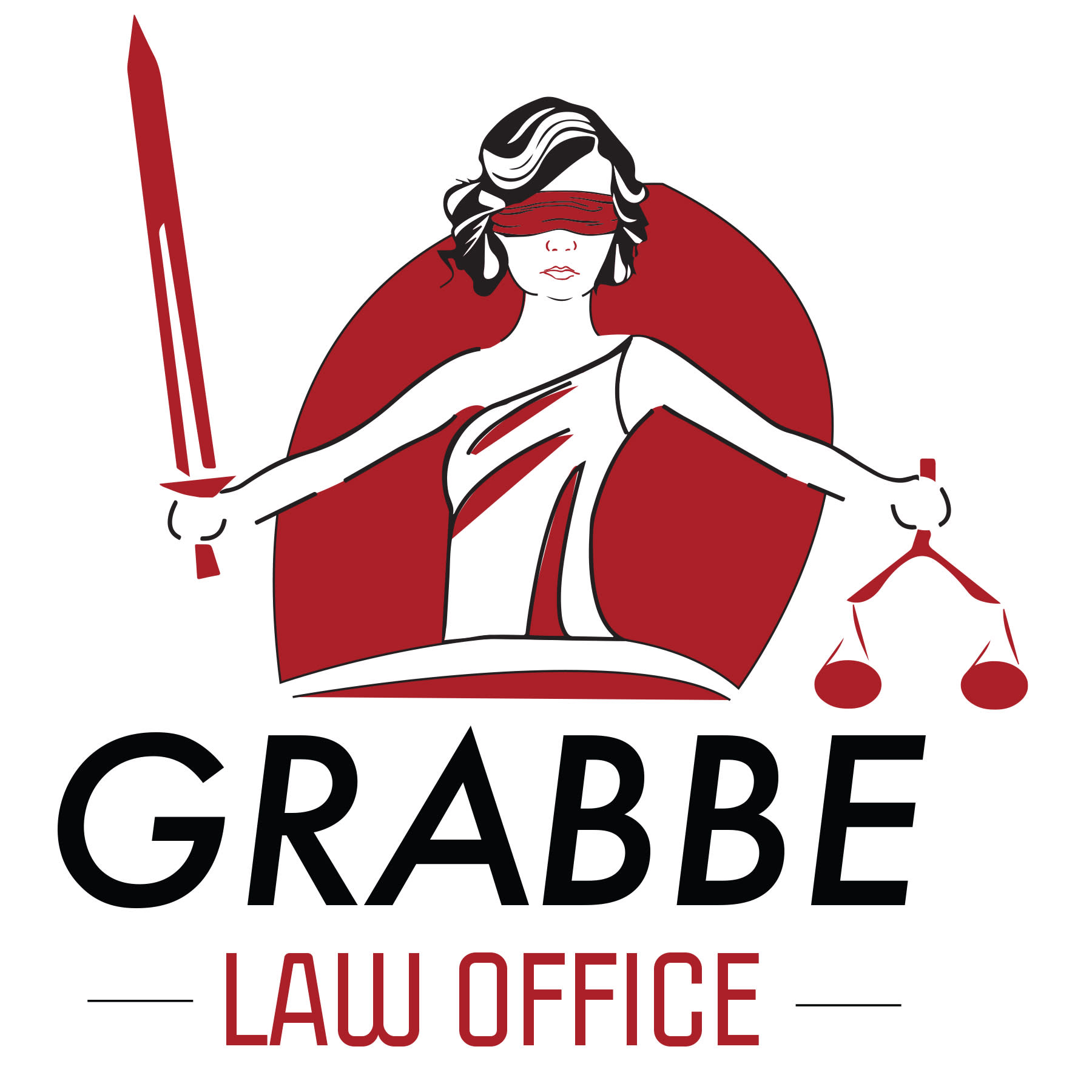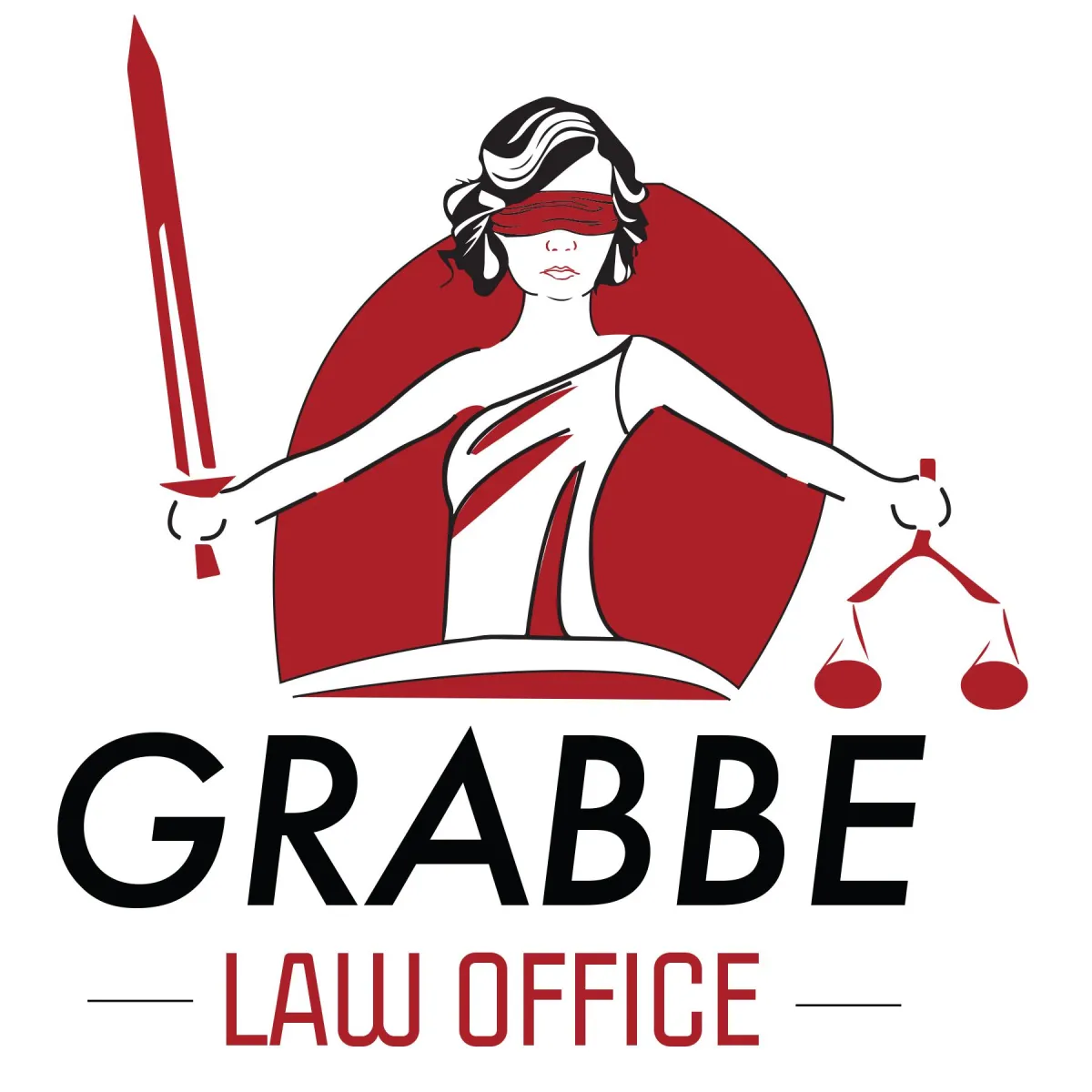Welcome to the Blog!

Maximizing The Benefits Of The Fair Use Act Doctrine For Your Business
“Maximizing The Benefits Of The Fair Use Act Doctrine For Your Business
The United States Copyright Office explains that in some instances, material protected by copyright can still be used by third parties, without permission, under the Fair Use Act. This important legal doctrine can be confusing, and entrepreneurs and small business owners are often unsure how the Fair Use Act affects their access to and use of copyrighted materials for commercial purposes. Kansas business owners with questions about the use of copyrighted material can schedule a free 15-minute consultation with an intellectual property attorney at Grabbe Law Office to discuss their legal options and address any concerns.
What Is the Purpose of Copyright?
Copyright laws provide essential protection for entities and individuals with respect to the original intellectual property that they develop. Creative works like movies, songs, and artwork are some examples of work that can benefit their creators through these legal protections on intellectual property. Copyright laws protect the ability of creators, or those to whom they give, sell, or license their copyrights, exclusive authority to reproduce, distribute, and otherwise make use of this potentially valuable item of intellectual property.
Third parties’ legal use of a copyrighted work is limited. Copyright infringement, the violation of the copyright holder’s exclusive right to the reproduction and distribution of the work, can result in costly repercussions if the holder of the copyright pursues litigation. Such restrictions help to ensure that the individuals and organizations that conceive, develop, and ultimately produce creative works are able to profit from their endeavors, typically through selling limited rights to use their intellectual property under contractually specified conditions or within a contractually designated timeframe.
What Is the Fair Use Act?
Not every unauthorized use of a copyrighted work is illegal. There are some instances in which it is lawful to use copyrighted materials. In the United States, such lawful uses of copyrighted intellectual property are typically governed by the doctrine of fair use. Long a principle in jurisprudence, the doctrine of fair use was codified by Congress Copyright Act of 1976, which added §107 to Title 17 of the United States Code.
While fair use does not cover all limitations on exclusive rights detailed in Title 17 as published by the United States Copyright Office, it does govern the types of uses that business owners encounter most frequently. The legal doctrine of fair use therefore has special relevance for businesses that either produce copyrighted works or have occasion to use them.
How Is Fair Use Determined?
The Copyright of 1976, also sometimes called the Fair Use Act, does not impose strict guidelines. According to the American Library Association, this susceptibility to interpretation is a deliberate feature of the legislation, intended to facilitate judicial application on a case-by-case basis. However, the relatively open-ended wording of §107 can also make it challenging to determine in advance whether a use under consideration is likely to be considered “fair” under the law.
When the courts address question of what is considered fair use, there are four criteria they apply in reaching a decision. These include the following:
1. What is the reason why the material is being used? The work may be used in certain instances if the purpose is for educational and training purposes by noncommercial or nonprofit groups.
2. What is the type or the nature of the work? Creative productions usually have a higher bar to meet for use than those that are factual in nature. Quoting from a news report is more likely to judged fair use than is using excerpts from a copyrighted play.
3. What is the financial impact of using the work? If a piece of copyrighted work is used, considerations and evaluations for what that use will do financially to the market it is in are essential. If a business’s use of copyrighted materials has or is likely to have a substantially negative impact on the copyright holder’s ability to profit from their own work typically weigh against a judgment of fair use.
4. What portion of the work is being used? If more than a small portion of the whole work is used, or if the use of the specific proportion in question is likely to have detrimental effects on the public perception and market for the work as a whole, then the use may not be found fair.
The Fair Use Act in Commercial Contexts
Business advertising and commercial promotion are essential components of attracting customers, getting name recognition, and keeping the money flowing in. Determining the most creative and effective means to market one’s business is an art form in itself. However, presenting your brand to the public takes more than an imaginative and inventive mind. Businesses and their marketing teams also need an understanding of the rules concerning what material can be used versus what is protected.
Fair use rules can help business owners have critical access to valuable materials in certain limited circumstances. Fair use, when appropriate, can benefit a business’s operations and objectives. Still, fair use does not come without potential problems.
Copyright Infringement Lawsuits
What a business owner deems to be fair use may not be a view shared by the copyright owner. If a business receives a cease-and-desist letter, also sometimes called a “takedown notice,” from the legal copyright holder, but continues using the disputed materials, the business owner or company may find themselves facing a legal challenge in court.
Additionally, even when a business owner is successful in proving that their use of the copyrighted materials has been fair, the effort, time, and money expended in litigation may not be worth it in the end. For these reasons, it is good idea not only to vet copyrighted materials carefully, but also to consult with an experienced intellectual property attorney, who can evaluate any uses under consideration in light of the same four considerations a court would apply to determine whether that use should be considered fair.
Copyrighted Materials in Advertising
Most commercial applications for copyrighted material fall outside the scope of the fair use doctrine. Businesses considering the use of a copyrighted work in marketing and advertising efforts, in particular, should take care to examine all of the available information before acting. Uses of copyrighted material to provide commentary on relevant industry news may sometimes be considered fair, as may quoting such materials to educate consumers, to engage in critique, or to conduct research. However, when copyrighted material is being used is to the benefit and promotion of a commercial establishment, then fair use typically will not apply.
Businesses should be especially cautious in considering the use of works that are more creative than factual. Citing a news report that documents the need for a particular product or service is more likely to be considered fair use than would using a copyrighted song as the soundtrack for a video advertisement. An attorney at the Grabbe Law Office can assist businesses by providing advice on specific uses of protected materials prior to publication.
Does Crediting the Copyright Owner Protect Businesses From Litigation?
There is a common misconception that as long as the copyright owner is credited, then all legal requirements have been satisfied and anyone can proceed to use the protected work without repercussions. This is not true. While giving credit to one’s sources is an important principle for handling intellectual property in academic contexts, in the business world crediting the copyright holder is not a legal defense against a copyright infringement claim.
Speak to a Kansas Business Attorney Today
The Fair Use Act provides a legal framework for the limited use of copyrighted materials without permission under certain conditions. However, many commercial uses of such material may be unlawful and may result in copyright infringement lawsuits. Consulting with an experienced intellectual property attorney can help businesses avoid costly litigation. For assistance understanding the fair use doctrine, commercial uses of copyrighted materials, and more, schedule a free 15-minute consultation with Grabbe Law Office to discuss your intellectual property concerns.








